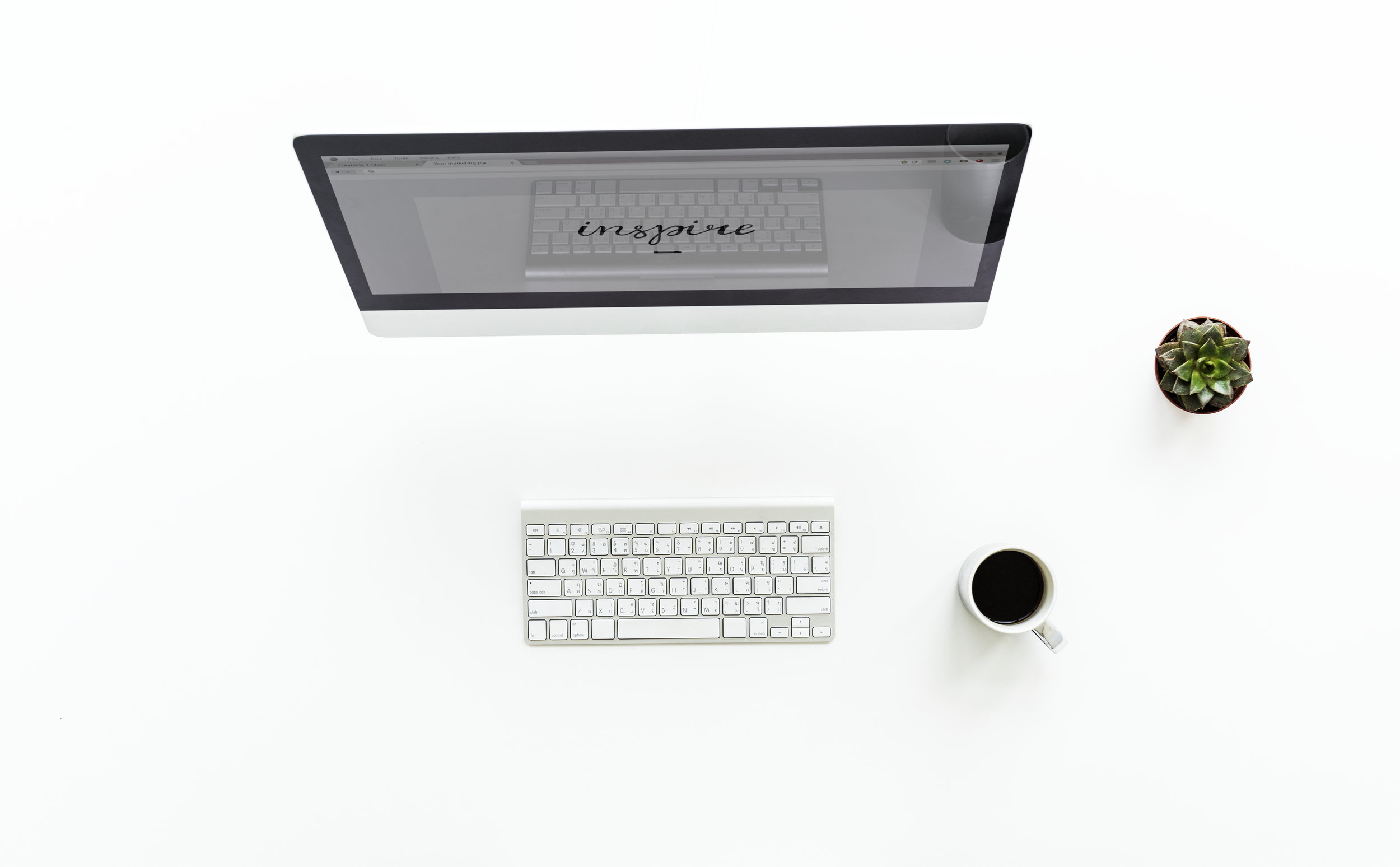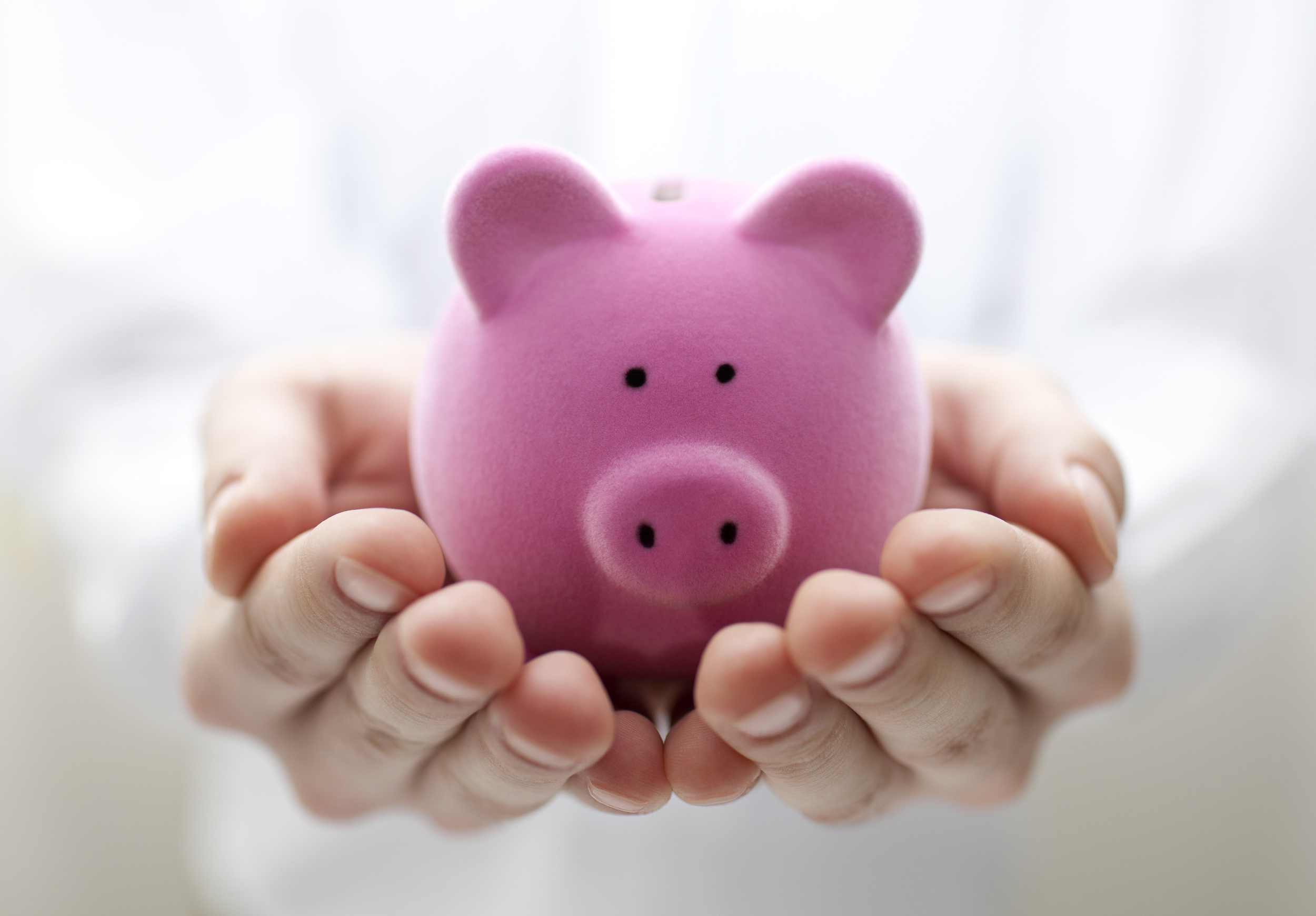INVEST IN THIS CONDO
DESIGNED FOR UBC STUDENTS AND AIRBNB.
IT HAS ALL THE ESSENTIAL AMENITIES.
90+ UNITS OF INTELLIGENTLY DESIGNED STUDIOS.
IT’S EASY TO GET AROUND FOR YOUR TENANTS and DOUBLE SOUND PROOF WALLS TO ENSURE ENJOYABLE STAYS.
JUST NEED 10% DEPOSIT BEFORE, COMPLETION IN FALL 2020.
DRIVING TO UBC IS FASTER THAN WALKING FROM DORMS ON CAMPUS.
IT’S STRATEGICALLY LOCATED TO MINIMIZE STRATA FEE.
LOCATED CLOSE TO SUMMER TOURISM HOTSPOTS TO GET MORE SHORT TERM GUESTS.
YOUR GUESTS CAN STAY ACTIVE WITH EASY ACCESS TO WINTER SPORTS as well.
Hurry and reserve yours with Guaranteed one thousand dollar per month rent for two years by developer.
“Am I ready to buy a house, or should I just keep renting?”
It’s one of the questions that we hear most often and something to which first-time homebuyers often spend months, if not years, trying to figure out the answer.
When you buy a pre-owned home, do you know what will come with the house? Do you get to keep all the appliances, the art on the walls or the outdoor pizza oven on the patio?
Gone are the days when a three-bedroom, two-bath starter home was the norm for first-time homebuyers. Today, many buyers are skipping that stage altogether and going straight for their dream homes. They're buying bigger, more expensive properties with upgraded features, and they plan to live there for the long haul.
Gone are the days when a three-bedroom, two-bath starter home was the norm for first-time homebuyers. Today, many buyers are skipping that stage altogether and going straight for their dream homes. They're buying bigger, more expensive properties with upgraded features, and they plan to live there for the long haul.
A bathroom remodel is one of the most rewarding projects you can undertake as a homeowner. When well-planned, it can improve your home's aesthetics while adding convenience. And it usually offers a significant return when it comes time to sell.
Independent living is often cited as being good for one's well-being, so it's no surprise that aging in place has become so popular. Thankfully, many options in today's housing market make it possible.
October isn't just about pumpkin spice lattes and Halloween celebrations; it's also Energy Awareness Month. Find out how you can reduce your household's energy consumption this fall while preparing for the seasons ahead.
Designing your own home can be exciting, but it's a lot more work than buying an existing house. With so many moving pieces involved, knowing what works and what doesn't is key. Protect your home's long-term value by sidestepping these five avoidable pitfalls of building a new home.



















The creation of a dedicated Express Entry Stream allows Alberta to invite candidates in the federal Express Entry pool to apply for a provincial nomination.